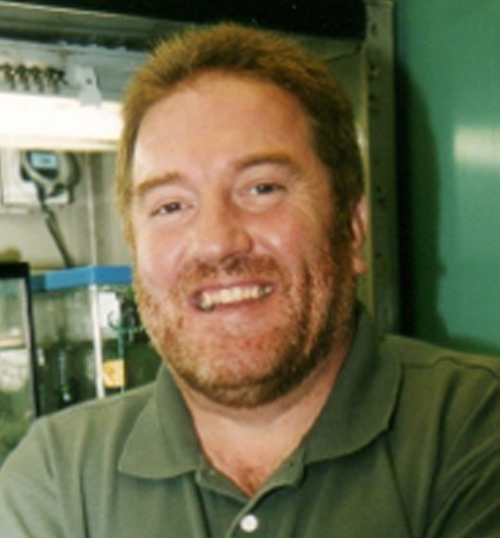Andrew L. MILLER
(Hong Kong, China)
Prof. Andrew L. Miller received his B.Sc. (Hons) and PhD from the Department of Botany, University of Dundee, Scotland. He then spent 3 years as a Postdoc in the Department of Microbiology at the University of Aberdeen, Scotland, followed by 7 years as a year-round scientist at the MBL, Woods Hole, USA, initially as a Postdoc, and then as an Assistant Scientist. In 1995, he took up a position as an Assistant Professor in the Department of Biology at The Hong Kong University of Science and Technology (HKUST). He is now a Professor in the Division of Life Science, HKUST. His main interest is investigating the role played by Ca2+ in the signal transduction pathways regulating development. He studies Ca2+ signaling mainly through the use of aequorins, a group of Ca2+-sensitive bioluminescent proteins. The luminescence emitted by an aequorin-loaded cell, tissue, organ or intact embryo, reveals changing patterns and levels of free Ca2+. His interests include investigating the role of Ca2+ signaling during basic developmental pattern-forming processes, such as in fertilization, cytokinesis, gastrulation, segmentation, and organogenesis. His work also focuses on identifying the molecular components responsible for generating both local and pan-embryonic Ca2+ signals, as well as identifying Ca2+-sensitive target elements interacting with both types of Ca2+ signal. His current focus is investigating the role of TPC2-mediated Ca2+ release during the establishment of the early spinal cord circuitry and the development of skeletal muscle using zebrafish as an in vivo model system.
